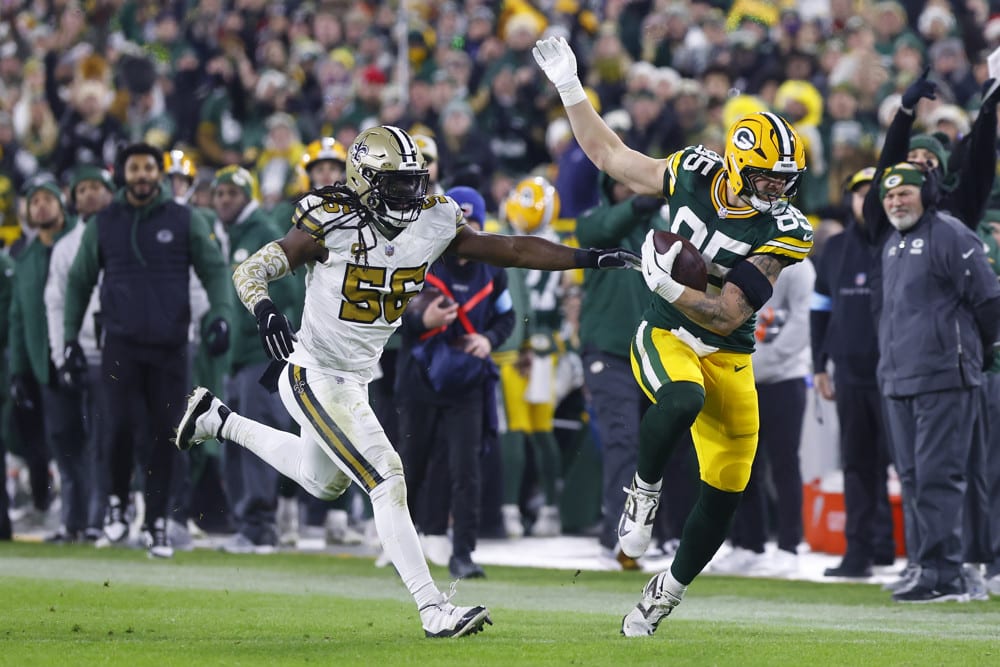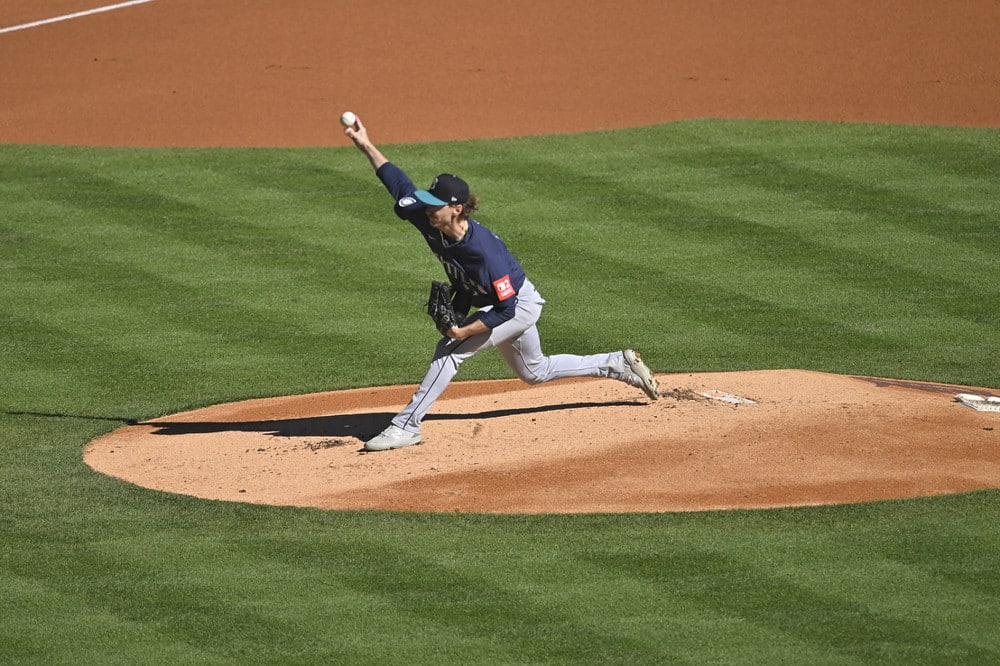 I’ve been betting on sports for over a decade. Prediction has gotten significantly more complicated. When I started, reading injury reports and checking recent team forms gave me an edge.
I’ve been betting on sports for over a decade. Prediction has gotten significantly more complicated. When I started, reading injury reports and checking recent team forms gave me an edge.
Today’s sports betting landscape presents challenges that didn’t exist five years ago. This article explores why even experienced bettors struggle with accuracy, how data overload creates new problems, and what this means for anyone trying to beat the odds.
Too Much Information
More information should make predictions easier. It doesn’t. The explosion of sports analytics created a paradox where everyone accesses the same advanced stats, historical trends, and performance metrics. When you see identical data as everyone else, nobody gains an advantage.
Sportsbooks now employ machine learning algorithms that process thousands of data points per game. They adjust lines in real-time based on betting patterns, weather changes, and breaking news. If you’re trying to outsmart these systems, you face an uphill battle because the books see everything you see, faster.
The Old Ways Are Dead
Old-school handicapping relied on spotting patterns bookmakers missed. Modern sportsbooks use the same analytical tools sharp bettors employ, eliminating most inefficiencies before lines even post.
Prime Sportsbook represents the new generation of betting platforms that leverage sophisticated algorithms while maintaining reduced juice and transparent operations. These platforms understand that even with advanced data, unpredictability remains sports’ defining characteristic.
Here’s what makes modern prediction so difficult:
- Real-time line adjustments based on thousands of simultaneous bets
- Injury reports dropping minutes before game time
- Late confirmation of load-management decisions
- Referee assignments influencing game flow unpredictably
People Aren’t Numbers
Analytics track every measurable aspect of sports performance. Shot selection, defensive positioning, and player speed all get quantified and analyzed. But sports remain fundamentally human, which means fundamentally unpredictable in ways no algorithm captures.
A player’s confidence after a personal achievement, team chemistry shifts during road trips, or coaching adjustments mid-game resist quantification. Research on sports betting analytics confirms that, despite technological advances, unpredictable factors continue to overwhelm prediction models.
Drowning in Data
Having access to player tracking data, advanced metrics, and historical trends sounds advantageous. It creates paralysis. Which statistics actually matter? How do you weigh contradictory indicators?
Without clarity on what drives outcomes, you risk drowning in information. The Sports Gambling Podcast approach to handicapping emphasizes cutting through noise to identify genuinely predictive factors. But even experienced analysts admit that separating signal from noise grows harder as data volume increases.
Live Betting Is Different
In-game betting adds another layer of difficulty. Lines move rapidly, often possession-by-possession, based on score and betting patterns. Predicting specific quarter results or next-score scenarios requires processing information faster than humanly possible.
Sportsbooks excel at live betting because their algorithms react instantly. When you’re making split-second decisions, you lack that computational advantage.
What I Think
Both sides continue to invest in better prediction tools. Sportsbooks hire data scientists. You subscribe to advanced analytics services. An expensive stalemate where margins narrow but neither side gains a lasting advantage. The result makes casual betting less profitable while increasing costs for serious handicappers. The days of easy edges have vanished.
Predicting sports outcomes has never been easy. But the combination of universal data access, real-time adjustments, and irreducible human unpredictability makes modern sports betting the most challenging it’s ever been.





















